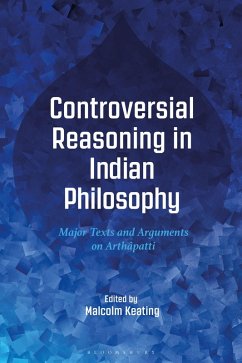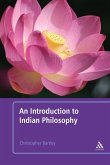Arthâpatti is a pervasive form of reasoning investigated by Indian philosophers in order to think about unseen causes and interpret ordinary and religious language. Its nature is a point of controversy among Mimamsa, Nyaya, and Buddhist philosophers, yet, to date, it has received less attention than perception, inference, and testimony. This collection presents a one-of-a-kind reference resource for understanding this form of reasoning studied in Indian philosophy. Assembling translations of central primary texts together with newly-commissioned essays on research topics, it features a significant introductory essay. Readable translations of Sanskrit works are accompanied by critical notes that introduce arthâpatti , offer historical context, and clarify the philosophical debates surrounding it. Showing how arthâpatti is used as a way to reason about the basic unseen causes driving language use, cause-and-effect relationships, as well as to interpret ambiguous or figurative texts, this book demonstrates the importance of this epistemic instrument in both contemporary Anglo-analytic and classical Indian epistemology, language, and logic.
Bitte wählen Sie Ihr Anliegen aus.
Rechnungen
Retourenschein anfordern
Bestellstatus
Storno









